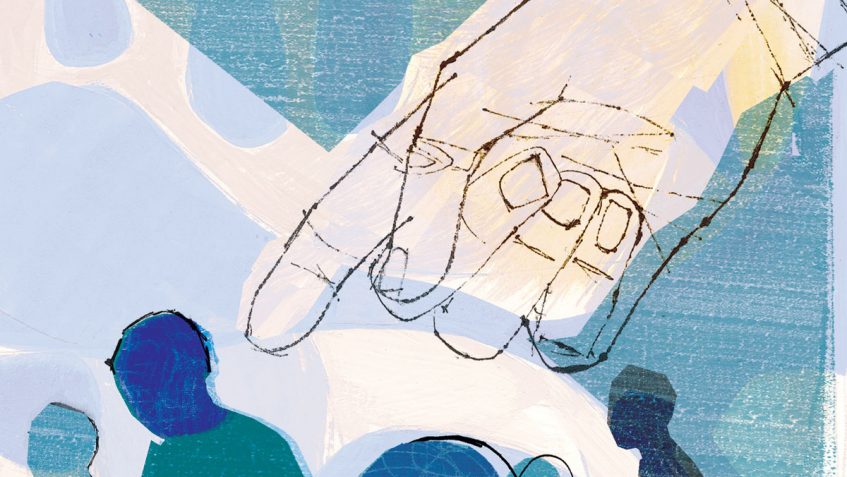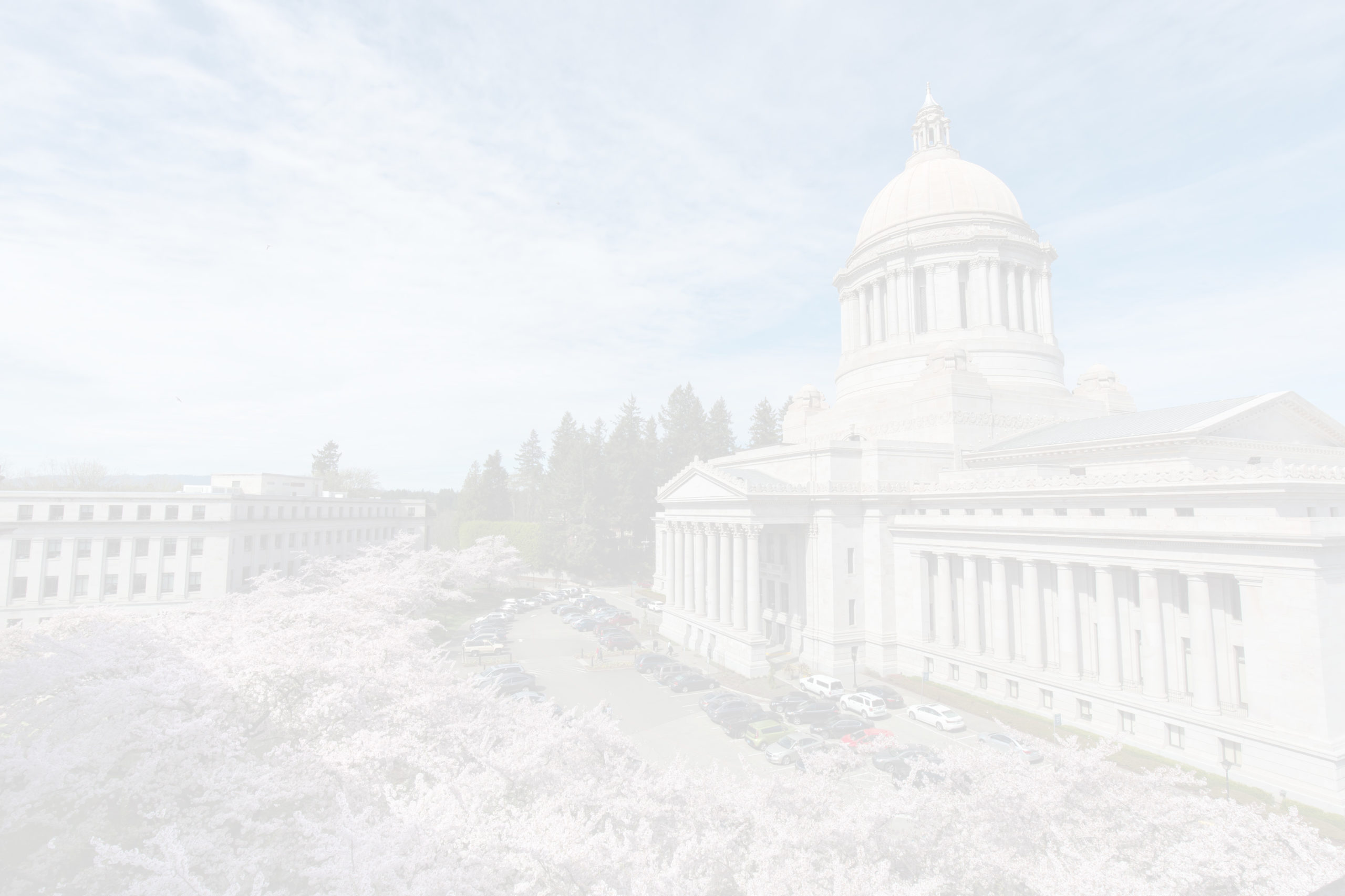This past summer, the world stopped for a moment in collective horror when ultrawealthy financier and registered sex offender Jeffrey Epstein was once again indicted on a charge of child sex trafficking and sexual abuse of young girls.
His ties to the rich and powerful were splashed across tabloids, reflecting a garish political soap opera. Most of the media coverage focused largely on Epstein’s connections from across the political spectrum, reaching a full-blown frenzy following his sudden death.
It was sensational. It was appalling. And there was no justice for survivors.
That moment of global outrage from last summer didn’t last long enough. Epstein may be gone, but child sex trafficking remains an international epidemic. Washington is no exception.
The number of cases of child trafficking counted by the National Human Trafficking Hotline each year has more than doubled since 2012, to 2,378 — and those are just the cases that get reported. In the Seattle/King County area alone, law enforcement estimates 300-500 children are being trafficked on average.
This isn’t an easy issue to tackle. We must make sure that the voices of our children are not stolen and silenced.
This is exactly how Epstein operated. And it’s happening quietly across our state and our nation.
But in Washington, we are listening and doing something about it.
In the last decade, we have seen positive changes at the local level. Collaborative regional public information campaigns in King County between government and private industry have brought the issue out of the shadows, increasing the number of trafficking survivors who are connected to resources. King County has stopped charging children with prostitution and has more than quadrupled the number of charges brought against men trying to buy sex from minors. And our society is slowly changing the culture, moving away from harmfully labeling abused youth as “child prostitutes,” because children cannot consent to their own sexual exploitation. They can’t consent to sex at all.
These are our children. They are suffering from complex trauma. They have unique challenges that need thoughtful, tailored interventions. And it’s on us to help them heal. But we are nowhere near eradicating this form of slavery. Our Legislature must do more to support the victims of these crimes.
In preparation for the 2020 legislative session, we are crafting evidence-based policy reforms to the way our justice system interacts with children who are victims of these sex crimes.
If these children were victims of other sexually motivated crimes, law enforcement would consider bringing charges of statutory rape or sexual assault of a minor against their abuser. Simply because their abuse is paid for, it is the child who ends up in the criminal justice system. That is not justice.
The media spectacle centered on Epstein showed that sexual exploitation can come clothed in the outward signs of wealth and respectability, but it also gave the impression that the crimes it uncovered are rare. They aren’t. Ultimately, it distracted the world from the gravest injustice: Our legal system should not be in the business of further punishing children for the horrors inflicted upon them by predatory adults.
These young people don’t deserve punishment — they’ve experienced enough for a lifetime. They need help and resources. Getting them out of danger and providing them wraparound services is how we can begin to end the commercial sexual exploitation of children and heal our kids.





